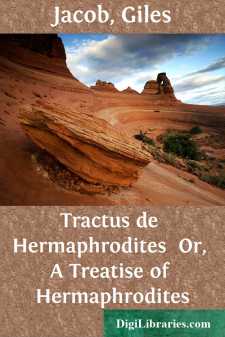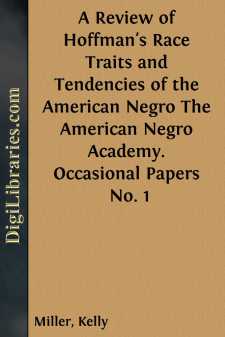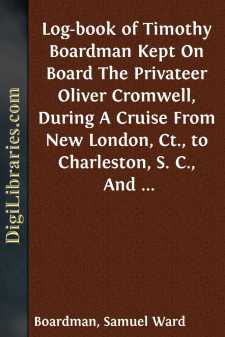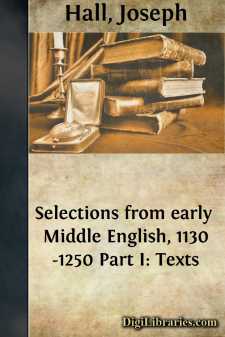Categories
- Antiques & Collectibles 13
- Architecture 36
- Art 48
- Bibles 22
- Biography & Autobiography 813
- Body, Mind & Spirit 142
- Business & Economics 28
- Children's Books 17
- Children's Fiction 14
- Computers 4
- Cooking 94
- Crafts & Hobbies 4
- Drama 346
- Education 46
- Family & Relationships 57
- Fiction 11829
- Games 19
- Gardening 17
- Health & Fitness 34
- History 1377
- House & Home 1
- Humor 147
- Juvenile Fiction 1873
- Juvenile Nonfiction 202
- Language Arts & Disciplines 88
- Law 16
- Literary Collections 686
- Literary Criticism 179
- Mathematics 13
- Medical 41
- Music 40
- Nature 179
- Non-Classifiable 1768
- Performing Arts 7
- Periodicals 1453
- Philosophy 64
- Photography 2
- Poetry 896
- Political Science 203
- Psychology 42
- Reference 154
- Religion 513
- Science 126
- Self-Help 84
- Social Science 81
- Sports & Recreation 34
- Study Aids 3
- Technology & Engineering 59
- Transportation 23
- Travel 463
- True Crime 29
Sort by:
by:
Walter Hawkins
CHAPTER I There are few who have not a dim notion of John Brown as a name bound up with the stirring events of the United States in the period which preceded the Civil War and the emancipation of the slave. Many English readers, however, do not get beyond the limits of the famous couplet, John Brown's body lies mouldering in the grave,But his soul is marching on. That statement is authentic in...
more...
by:
James Hutton
CHAPTER I. THEORY of the EARTH; or an Investigation of the Laws observable in the Composition, Dissolution, and Restoration, of Land upon the Globe. SECTION I. Prospect of the Subject to be treated of. When we trace the parts of which this terrestrial system is composed, and when we view the general connection of those several parts, the whole presents a machine of a peculiar construction by which it...
more...
by:
Aphra Behn
About the Beginning of last June (as near as I can remember) Bellamora came to Town from Hampshire, and was obliged to lodge the first Night at the same Inn where the Stage-Coach set up. The next Day she took Coach for Covent-Garden, where she thought to find Madam Brightly, a Relation of hers, with whom she design’d to continue for about half a Year undiscover’d, if possible, by her Friends in...
more...
THE EMPRESS DOWAGER—HER EARLY LIFE One day when one of the princesses was calling at our home in Peking, I inquired of her where the Empress Dowager was born. She gazed at me for a moment with a queer expression wreathing her features, as she finally said with just the faintest shadow of a smile: "We never talk about the early history of Her Majesty." I smiled in return and continued: "I...
more...
by:
Giles Jacob
Tractatus de Hermaphroditis: OR, A TREATISE OF HERMAPHRODITES. he Secrets of Nature have in all Ages been particularly examin'd by Anatomists and others, and this of Hermaphrodites is so very wonderful, that I am perfectly assur'd my present Enquiry will be entirely acceptable to all Lovers of curious Discoveries; and as it is my immediate Business to trace every Particular for an ample...
more...
by:
Kelly Miller
Subject. Population. Gist. “For some generations the colored element may continue to make decennial gains, but it is very probable that the next thirty years will be the last to show total gains, and then the decrease will be slow but sure until final disappearance.” I have taken this quotation from another work by the same author as it represents more clearly than any other condensed statement the...
more...
BIOGRAPHICAL SKETCH. There is still preserved a letter from England, written in a fine hand, with red ink, dated Obeydon? Feb. 5, 1641, and directed, “to her very loveing sonneSamuel Boreman,Ipswich in New Englandgive this withhaste.” The letter is as follows: “Good sonne, I have receaved your letter: whereby I understand that you are in good health, for which I give God thanks, as we are...
more...
by:
Joseph Hall
No description available
by:
Anthony Trollope
Uncle Indefer "I have a conscience, my dear, on this matter," said an old gentleman to a young lady, as the two were sitting in the breakfast parlour of a country house which looked down from the cliffs over the sea on the coast of Carmarthenshire. "And so have I, Uncle Indefer; and as my conscience is backed by my inclination, whereas yours is not—" "You think that I shall give...
more...
by:
Allen Raine
CHAPTER I. BERWEN BANKS. Caer Madoc is a sleepy little Welsh town, lying two miles from the sea coast. Far removed from the busy centres of civilisation, where the battle of life breeds keen wits and deep interests, it is still, in the opinion of its inhabitants, next to London, the most important place in the United Kingdom. It has its church and three chapels, its mayor and corporation, jail, town...
more...











